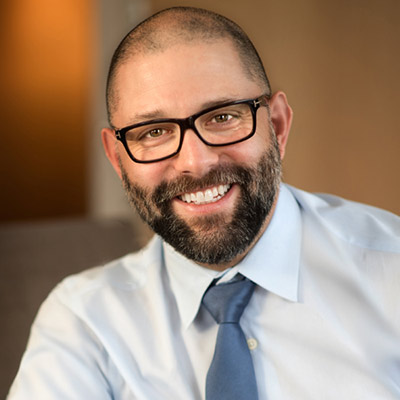Seattle Psychotherapist2719 E Madison Street | Seattle, WA | 206-571-3069
brien@PSPseattle.com

Psychotherapist Brien Wood
Seattle Couples Therapist
Core Wisdom from some of my favorite teachers:
Sue Johnson
- Secure attachment is a gift that keeps giving across the lifespan - it's our best guide to becoming "safe, sane, and sound."
- We are stronger together - proximity to social resources literally makes our challenges feel more manageable, like making hills seem less steep.
- Emotion is our compass - it's not just a "feeling" but a sophisticated information system that guides us toward what matters.
- Security comes from three key elements (A.R.E.):
- Accessibility (being there)
- Responsiveness (engaging emotionally)
- Emotional engagement (staying present)
- A "safe haven" isn't just comfort - it's a launching pad for growth and exploration.
- Dependency isn't weakness - we define ourselves with others, not from others. Healthy interdependence is strength.
- Past patterns can change - attachment security isn't fixed but can be developed through new experiences.
- Change happens through experience, not just insight - we need to feel it to heal it.
- Disconnection leads to dysfunction - isolation isn't just unpleasant, it's a primal threat to our wellbeing.
- Emotion organizes experience - it's the music of the dance of relationships.
- Working models can change - our patterns are fluid, not fixed, especially through meaningful relationships.
- Fear is fundamental - but it's meant to be regulated through connection, not faced alone.
- Secure attachment builds resilience - it helps us navigate stress and uncertainty more effectively.
- Every interaction matters - each moment of connection or disconnection shapes our relationship patterns.
- Empathy grows from security - when we feel safe, we have more resources to offer others.
- The goal isn't independence - it's learning to dance between autonomy and connection.
- Vulnerability isn't weakness - sharing our needs clearly leads to stronger connections.
- Dragons faced together are less scary - challenges are more manageable in the context of secure relationships.
- "Moving with and through emotion" is more effective than trying to control or suppress it.
- Secure relationships provide "emotional balance" - they help us regulate our feelings and responses.
- Growth happens in the context of safety - we need security to explore and take risks.
- The brain treats social resources like biological resources - connection is as essential as oxygen.
- Working through attachment patterns can heal trauma - secure relationships can help process past wounds.
- Emotion is contagious - our nervous systems are designed to attune to others.
- Security enables exploration - when we feel safe, we can venture out and grow.
- The "felt sense" of security matters more than logical understanding - it's about experience, not just knowledge.
- Change is collaborative - healing happens in the context of responsive relationships.
- "We are social and bonding animals" - our need for connection is hardwired and universal.
Bob Resnick
- When you notice you're stuck in old patterns, remember - those patterns once helped you survive. Thank them, then ask yourself what new patterns might serve you better now.
- The path to change isn't about forcing yourself to be different. It's about creating conditions where natural growth can happen, like a gardener tending to soil.
- Our 'character' - those fixed ways of being in the world - formed when you needed protection. But now you can choose, moment by moment, how to engage with life.
- Growth happens at the edge of what's comfortable and what's new. Don't rush to eliminate differences or discomfort - they're your teachers.
- Healing isn't about 'fixing' yourself. It's about restoring your natural ability to adapt and respond flexibly to life's changing demands.
- Notice when you're seeking approval or trying to be 'good enough.' That's often a sign you're operating from old wounds rather than present needs.
- Our relationship with shame is part of your story, not your destiny. Learn to be curious about it rather than controlled by it.
- True contact with others requires risking being seen as you are. Start small, with safe people who've earned your trust.
- When you feel stuck, ask yourself: What am I avoiding feeling? What need am I trying to meet in an old, familiar way?
- Remember that change isn't linear. Like breathing, life moves in cycles of contact and withdrawal, of reaching out and pulling back. Trust this rhythm.